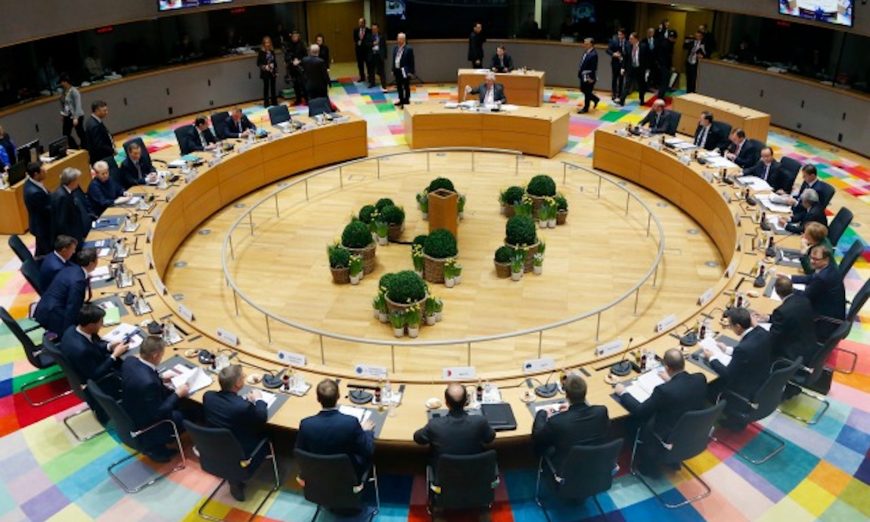I. Meeting Activities
The first day of the Meeting was devoted to the human rights movement in the Balkans. Orhan Kemal Cengiz, President of HRAA, provided opening remarks and seven presentations were made by the following Balkans participants: Edlira Papavangjeli (Albania Helsinki Committee), Mirsad Pandzic (Helsink Committee for Human Rights in Bosnia/Herzegovina), Ivan Jekov (Bulgarian Gender Research Foundation), Aron Pecnik (Human Rights Center, Croatia), Halil Kosumi (OSCE Mission in Kosovo), Gordana Nestorovska (Helsinki Committee for Human Rights of the Republic of Macedonia), and Katarina Jozic (Lawyers Committee for Human Rights, Serbia). The presentations were exemplary and revealed significant overlap with respect to areas of interests and ongoing concern. In particular, issues involving discrimination, hate crimes, and transitional justice were prevalent during group evaluation at the end of the day.
On the second day of the Meeting, representatives from Turkish organizations addressed the human rights movement in Turkey. Presentations were made by Feray Salman (Human Rights Joint Platform), Bülent Atamer (Helsinki Citizens’ Assembly, Turkey), Ali Erol (KAOS GL), Zeynep Atamer (Association for Social Change), Hakan Ataman (HRAA) and Günal Kurşun (HRAA). These presentations provided an excellent history of the struggle for human rights in Turkey, the areas of focus for each organization, and identified overlapping areas of concern, both in Turkey and with the Balkans region.
The second day continued with open dialogue among all participants. Representatives agreed that continued dialogue and exchange of information would be greatly beneficial. Participants also agreed that discrimination and hate crimes are of significant current concern, in both Turkey and the Balkans, and therefore resolved to meet again in approximately six months to focus on this area. At this future meeting, participants intend to share experience, information, strategies, and successful models for coping with instances of discrimination and hate crimes. The Meeting will likely again be held in Turkey, either in Istanbul or in Izmir.
II. Evaluation
The Round-Table Meeting was successful on several fronts. First, it not only introduced human rights organizations from the Balkans to similar organizations in Turkey, but also in several instances introduced Balkan organizations to one another. Second, the Meeting provided an excellent platform for sharing information, identifying current concerns across the region, and forming a basis for collaboration. Finally, and perhaps most importantly, participants concluded the Meeting with determinate plans for a future conference specifically dedicated to issues relating to discrimination and hate crimes in Turkey and the Balkans.

